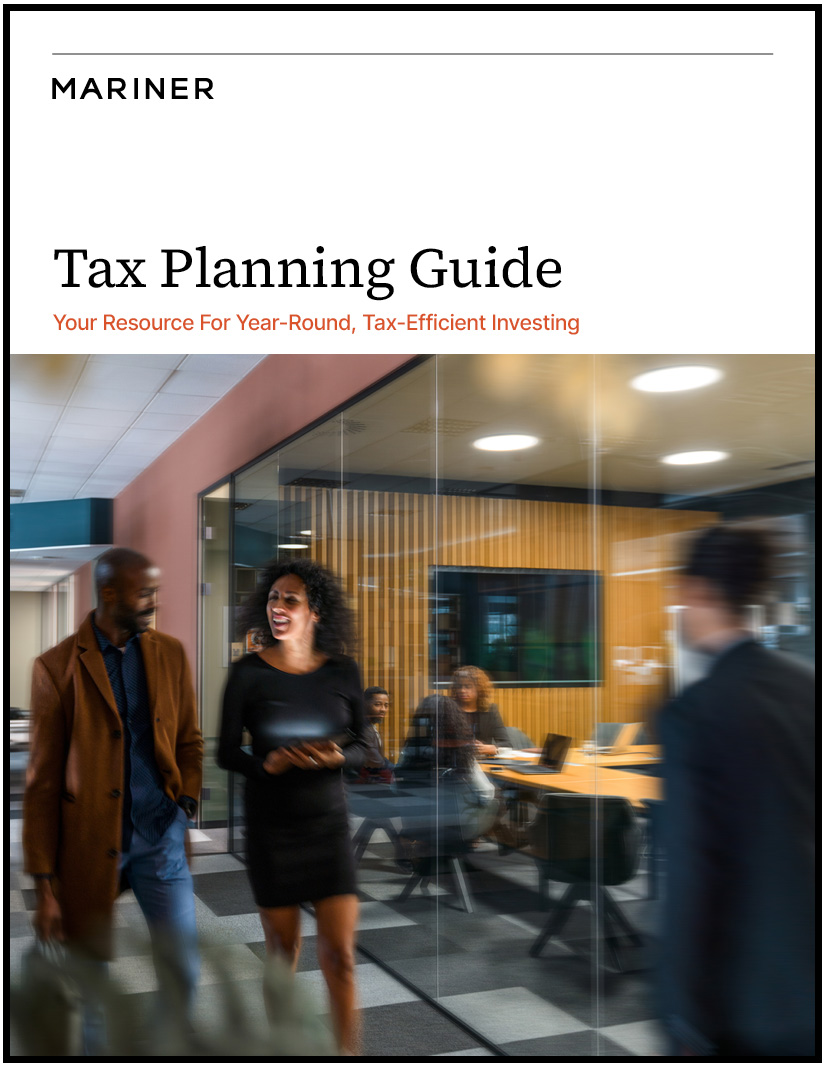Tax Strategies for Funding Higher Education

Parents typically use 529 accounts to cover the costs of paying for their children’s college. The advantages are that contributions grow tax deferred and withdrawals are tax free as long as the funds are used for qualified educational expenses such as tuition, fees, books, supplies and computers. Also, you can use up to $10,000 from a 529 plan toward K-12 tuition and up to $10,000 for student loan repayments.1
Potential State Tax Deductions
When it comes to 529 plans, more than 30 states allow for a state tax deduction for funding them. And, some states offer tax credits, while others offer a deduction up to a flat, maximum figure or limit the deduction based on your income. As far as deductions, some states offer higher deductions than others. For example, New York residents can deduct $5,000 (single) and $10,000 (married filing jointly) for 529 contributions. But in Arizona, those residents can only deduct $2,000 (single) and $4,000 (married filing jointly) per beneficiary.2
While in most instances you have to contribute to your own state’s 529 plan where you live and pay taxes to receive the tax benefits, seven states give you the same tax benefit no matter which 529 you contribute to, even if it’s sponsored by another state. Those states are: Arizona, Arkansas, Kansas, Minnesota, Missouri, Montana and Pennsylvania.2
Gift Tax Exclusion
While you can contribute any amount annually to a 529 plan, contributions are considered gifts for tax purposes, which means to qualify for the annual gift tax exclusion in 2023, individuals can contribute up to $17,000, and married couples filing jointly can contribute $34,000. So, for example, if you have three grandchildren, you could jointly give $102,000 without triggering the gift tax. Keep in mind that the annual gift tax exclusion includes non-529 gifts, such as cash or property, so plan accordingly. An individual’s lifetime estate and gift tax exemption maximum is $12.92 million in 2023 without having to pay federal estate or gift tax.3
In addition, there is no joint gift tax return, so you and your spouse would each have to file a return. Also, you can contribute any amount above the annual limits noted ($17,000/$34,000), but you’ll have to report those contributions to the IRS, and the amount will count against your $12.92 million individual exemption.
Tax Guide: Your Resource for Year-Round Tax-Efficient Investing
Year-round planning with an advisor could help improve your overall wealth plan. Find out more by downloading our tax guide.
Front-Loading Your 529 Plan
One way to protect a larger amount from estate taxes is to “front-load” a 529 account to fund a beneficiary’s education. Individuals can front- load a 529 with the equivalent of five years of annual exclusion gifts. In other words, you could contribute $17,000 x 5 to equal as much as $85,000 as an individual or $34,000 x 5 to equal $170,000 as a married couple in a single year.4 This can help high-wage earners limit their income tax liability. If you choose to front-load an account, you will need to file a gift tax return and make no additional annual exclusion gifts for five years.
Plan Flexibility
While a 529 is typically funded by a parent or grandparent, anyone can open an account for nearly any child, even if the child is not a family member. Most plans, regardless of which state, are open to anyone to invest in, although residents in the states mentioned above receive a tax deduction if they invest in their state’s plan.
Plan for Your Future
Whether you just had a child, or your child is getting ready to go off to K-12 school or college, a 529 plan is a tax-deferred investment vehicle that can give high-net-worth individuals a way to lower their income and estate tax liabilities. Your team at Marine can help you develop a strategy to save for educational expenses as part of a comprehensive wealth plan.
Sources:
1“What You Can Pay for With a 529 Plan,” savingforcollege.com.
2“529 Plan Tax Deductions Are Offered by 34 States: 2021 List,” businessinsider.com.
3“Estate Tax” irs.gov
4“Why You Should Frontload Your 529 Plan,” investopedia.
Investors should consider the investment objectives, risks, charges, and expenses associated with 529 plans before investing. More information about specific 529 plans is available in each issuer’s official statement, which should be read carefully before investing.
The availability of such tax or other benefits may be conditioned on meeting certain requirements (such as residency, purpose for or timing of distributions, or other factors, as applicable). Please consult your tax advisor regarding your personal tax situation.
This article is limited to the dissemination of general information pertaining to Mariner Wealth Advisors’ investment advisory services and general economic market conditions. The views expressed are for commentary purposes only and do not take into account any individual personal, financial, or tax considerations. As such, the information contained herein is not intended to be personal legal, investment or tax advice or a solicitation to buy or sell any security or engage in a particular investment strategy. Nothing herein should be relied upon as such, and there is no guarantee that any claims made will come to pass. Any opinions and forecasts contained herein are based on information and sources of information deemed to be reliable, but Mariner Wealth Advisors does not warrant the accuracy of the information that this opinion and forecast is based upon. You should note that the materials are provided “as is” without any express or implied warranties. Opinions expressed are subject to change without notice and are not intended as investment advice or to predict future performance. Past performance does not guarantee future results. Investing involves risk and the potential to lose principal. Consult your financial professional before making any investment decision.
Mariner is the marketing name for the financial services businesses of Mariner Wealth Advisors, LLC and its subsidiaries. Investment advisory services are provided through the brands Mariner Wealth, Mariner Independent, Mariner Institutional, Mariner Ultra, and Mariner Workplace, each of which is a business name of the registered investment advisory entities of Mariner. For additional information about each of the registered investment advisory entities of Mariner, including fees and services, please contact Mariner or refer to each entity’s Form ADV Part 2A, which is available on the Investment Adviser Public Disclosure website. Registration of an investment adviser does not imply a certain level of skill or training.


